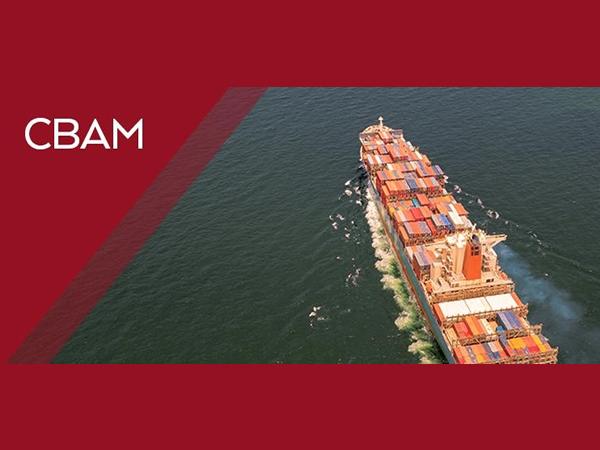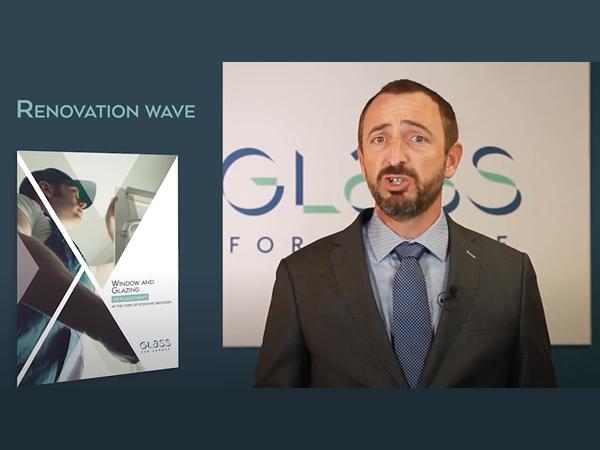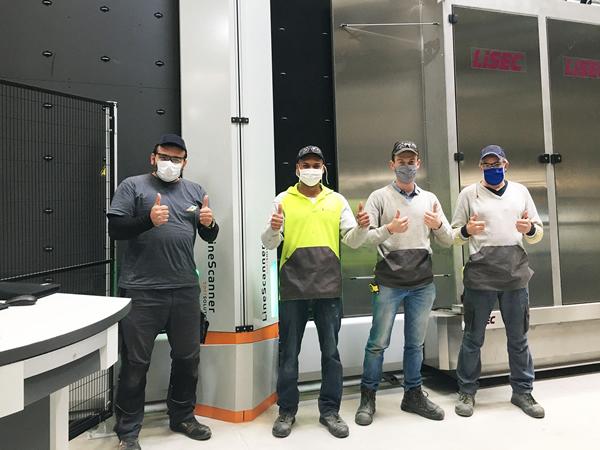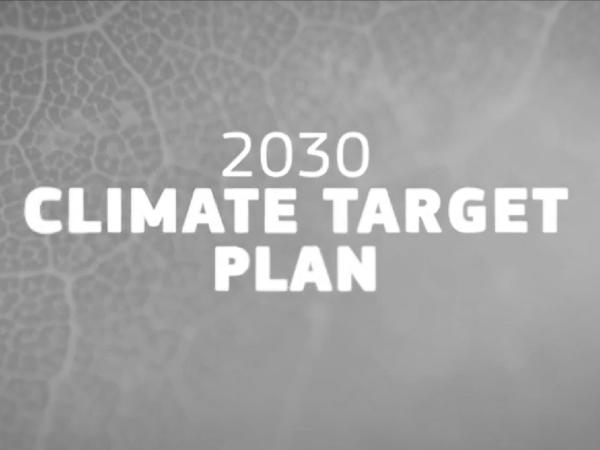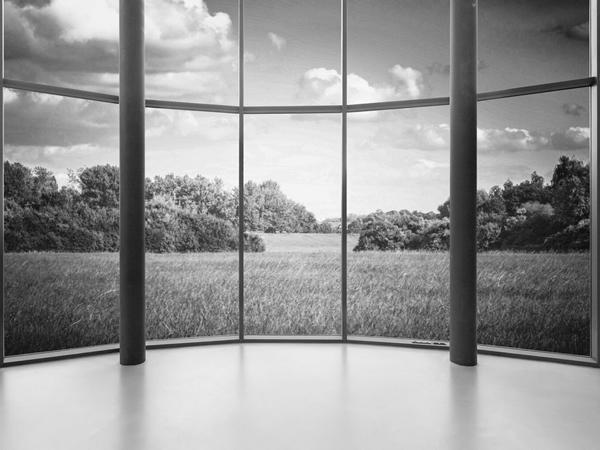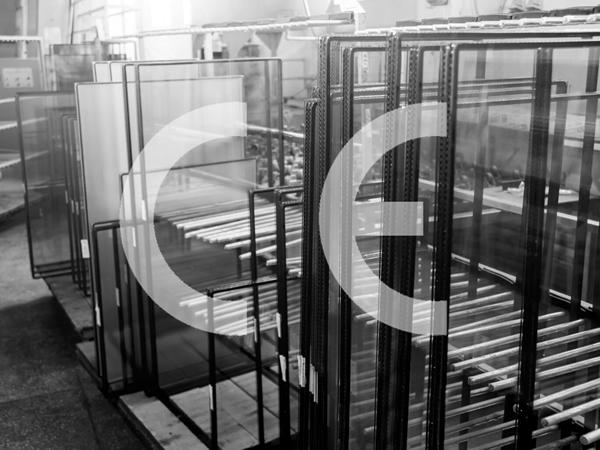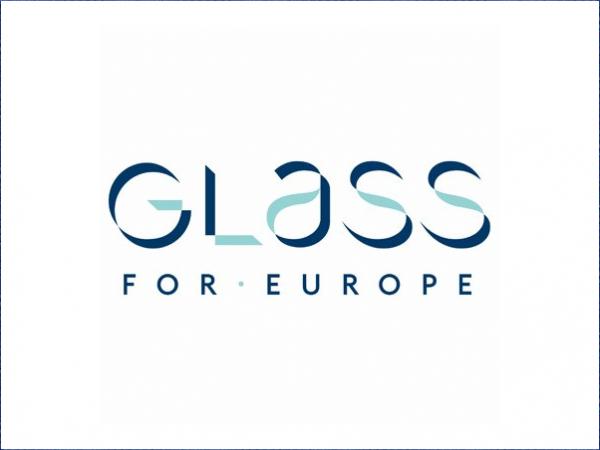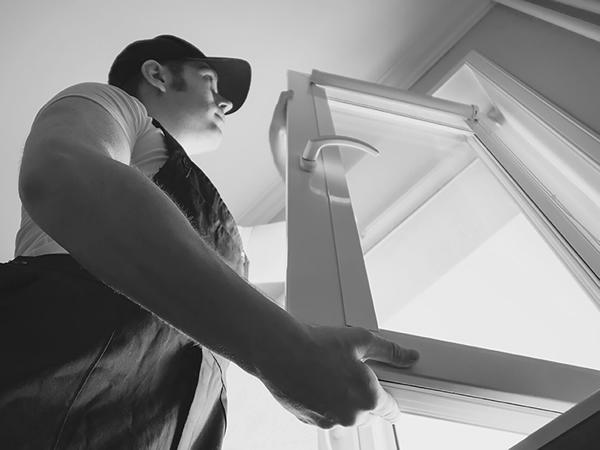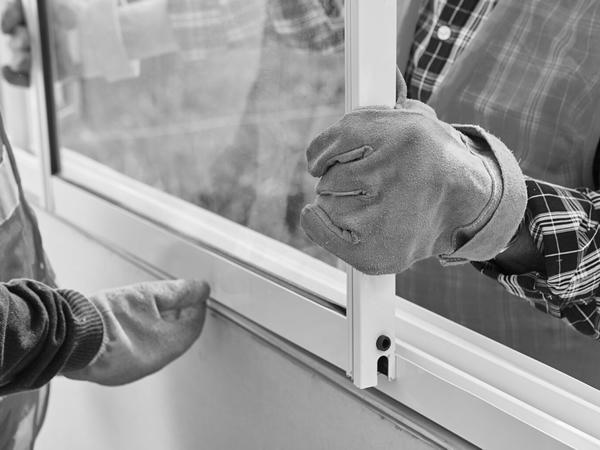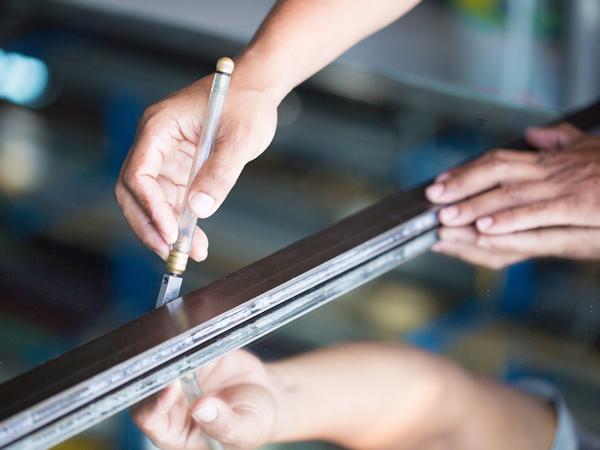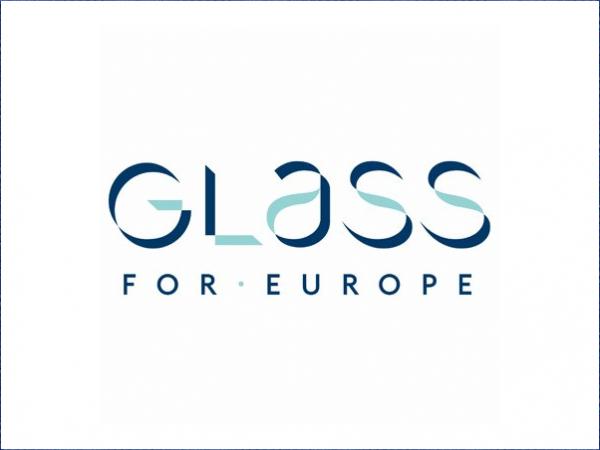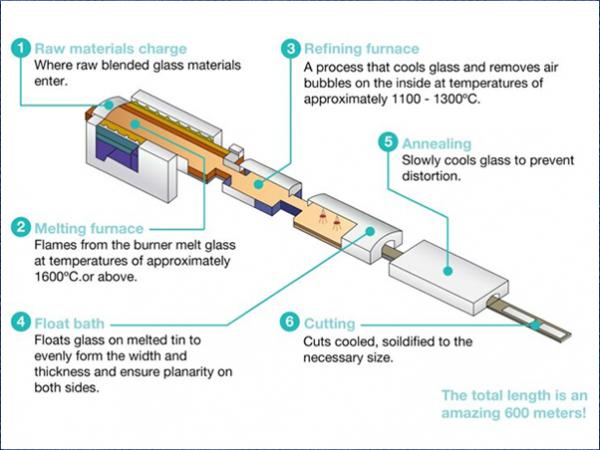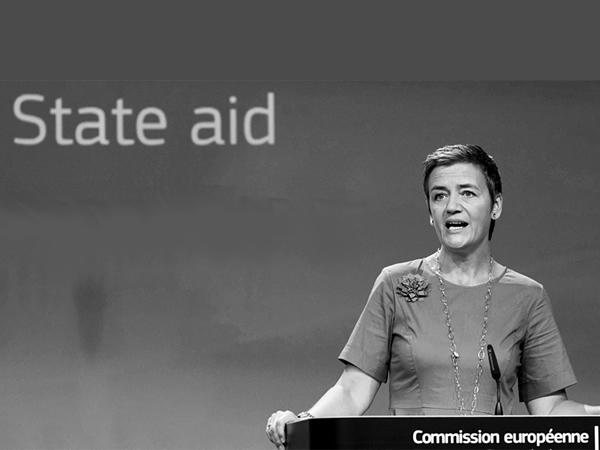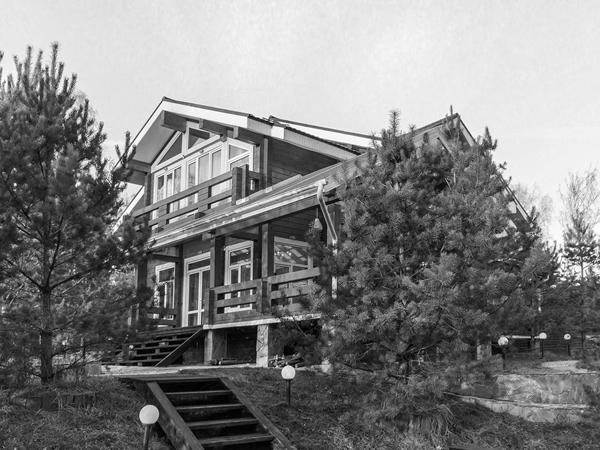Others also read
The European Commission announced its intention to propose by mid-2021 a carbon border adjustment mechanism (CBAM) for a few sectors, as a pilot phase.
The European Commission announced its intention to propose by mid-2021 a carbon border adjustment mechanism (CBAM) for a few sectors, as a pilot phase.
Soda ash is a key raw material and is used as an additive in the flat glass making process to reduce the melting temperature of the sand used.
By way of the Renovation Wave, the European Commission aims to at least double renovation rates in the next ten years and make sure renovations lead to higher energy efficiency.
High-quality glazing requires high-quality systems for the quality control of glass.
In a video statement published in reaction to the climate plan, Glass for Europe calls for concrete actions to take place, particularly when it comes to renovating Europe’s ageing buildings.
Since August 2020, a specific CAS number for soda-lime silicate glass has been created in the CAS registry.
On 31st of August 2020, Glass for Europe answered to the European Commission’s roadmap consultation on environmental product performances’ claims.
By improving its functioning and effectiveness, the CPR (Construction Products Regulation) has the potential to become a driver of sustainability in the building sector and will eventually complete the single market.
Glass for Europe, the trade association of Europe’s flat glass sector, is a firm believer in the added value of a single market for construction products.
In the document released today, Glass for Europe calls on Member States to develop specific roadmaps for replacing single and early uncoated double glazing.
Glass for Europe answered to the Consultation on the Renovation Wave initiative for public and private buildings.
As part of the ongoing negotiations on Brexit, the UK and EU are seeking to agree on a Mutual Recognition Agreement (MRA) on conformity assessment covering the results of third-party conformity notified bodies.
While we witness a timid restarting of the economy, the level of activity in flat glass remains low.
Glass for Europe answered today to the European Commission consultation on of how to increase the EU 2030 emission reduction ambition.
Setting an EU-wide financial scheme and a dedicated roadmap for replacing old windows is a wise and easy step to make our buildings more energy-efficient and comfortable.
The European flat glass industry welcomes the European Union’s desire to engage in a Renovation Wave of public and private buildings and is ready to deliver the high-performance glazing EU buildings need to become carbon-neutral by 2050.
An exceptional yet essential option to cease production and preserve the industrial equipment.
On March 19th, during the last General Assembly of Glass for Europe, Philippe Bastien, Regional President, Building & Industrial Division of AGC Glass Europe, was elected Chairman of the Board of Directors of Glass for Europe.
Europe’s new industrial strategy and circular economy action plan: after the preparation shall come the action for the flat glass sector.
On Wednesday 19, in the context of the revision of the ETS State aid guidelines, Glass for Europe commented on the newly proposed eligibility criteria and European Commission’s assessment methodology.
Following four years of work on improving the recycling of flat glass waste across Europe, the FISSAC* project has held its final conference.
Triggering a virtuous decarbonisation cycle to maximise contributions to the climate challenge.
A new horizon that Europe’s flat glass sector looks forward to with enthusiasm and cautious optimism.


